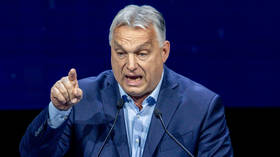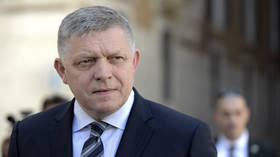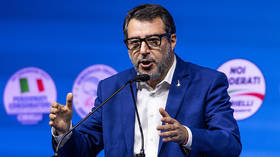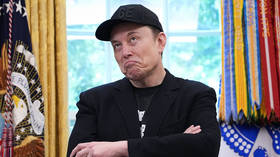Germany and France want Tiktokers deployed against Russia – Bloomberg
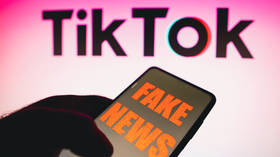
TikTokers and YouTubers could help the EU drive a wedge between the Russian government and the people, Germany and France have reportedly told other members of the bloc.
Ideas on how its members could influence Russian citizens were formulated in a document circulated ahead of this week’s high-level EU meeting in Prague, Bloomberg reported on Monday. The plan is meant for discussion behind closed doors, but the news agency said it had studied the document.
Berlin and Paris suggested enrolling popular video bloggers on platforms including YouTube, Facebook, TikTok, Telegram, and VK to help disseminate EU-funded teaching courses on “media literacy,” according to Bloomberg. The courses will supposedly explain to Russians why they should dismiss “Russian propaganda” and trust “independent information” that counters what the Russian government says.
The EU should also target Russian-speaking minorities in other nations with content that serves the same goal, the report says. There is also a proposal for an “Internet Censorship Circumvention Hub” for Russians.
After Russia attacked Ukraine in late February, the EU significantly ramped up its efforts to silence Russian media within the bloc. Government-funded outlets RT and Sputnik were banned from broadcasting, while US-based tech giants such as Facebook stopped showing content from the news organizations on their platforms to EU residents. Brussels justified the censorship by the need to counter ‘Russian propaganda’.
Moscow also imposed restrictions on media, blacklisting some Western outlets in retaliation and introduced punishment for slander against Russia’s armed forces.


